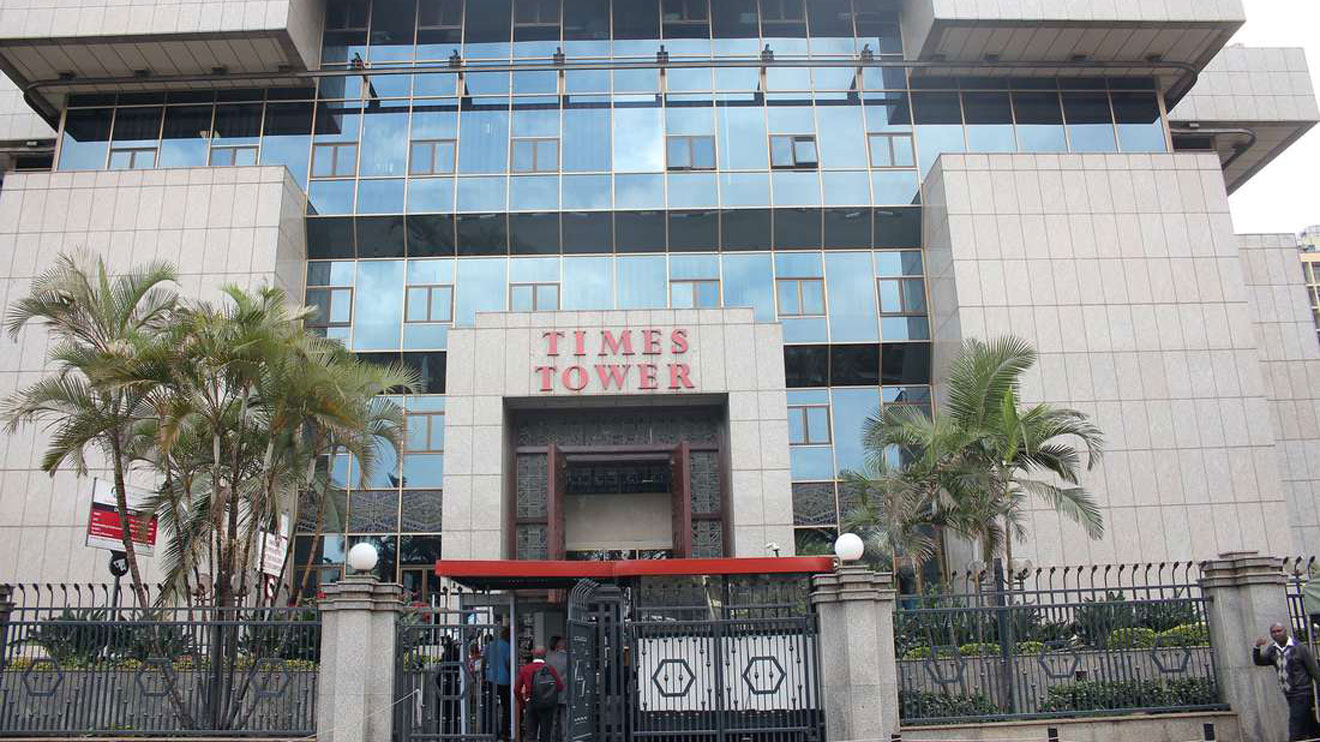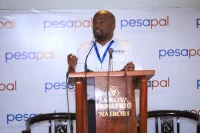The Kenya Revenue Authority (KRA) on Monday suffered a blow after the High Court sitting in Nairobi allowed an appeal lodged by CocaCola Central East and West Africa Limited contesting a ruling issued by the Tax Appeals Tribunal (TAT) in 2013 that okayed the taxman’s intention to collect Ksh516 million from the appellant.
The issue for determination in the appeal was whether marketing services provided by the appellant to Coca Cola Export, a company located outside Kenya amounted to exported services and thus chargeable to Value Added Tax (VAT) at the rate of zero percent.
Since 2013, KRA has relied on the CocaCola case as decided by TAT as a precedent in assessing and issuing tax decisions regarding VAT on exported services.
In its ruling on Monday, the High Court relied on the Organisation for Economic Cooperation and Development (OECD) guidelines on cross-border supply of services and overturned the holding that the consumers of the appellant’s services are the households within Kenya that purchase the products being advertised.
Further, the court went on to find that the contractual arrangement between the appellant and its non-resident related company was not a scheme to avoid paying tax.
In 2013, KRA audited the appellant and raised issues with the company’s marketing activities.
KRA went ahead and demand Ksh 516,075,552 being alleged underdeclared VAT on services supplied by the appellant. The appellant questioned KRA’s decision and lodged an appeal at the TaT
The appellant argued that the marketing and promotional services rendered by it were services rendered to Coca Cola Export, a company based in the United States of America (USA), hence comprised exported services.
According to the appellant, such services were taxable at the rate of zero percent for VAT purposes in Kenya as opposed to the standard rate,16%, as alleged by KRA.
However, the Tribunal in disallowing the appeal held the view that the persons located in Kenya who viewed or listened to advertisement and marketing campaigns ran by the appellant were the recipients.
The appellant then moved to the High Court after being dissatisfied with the ruling issued by TaT in November 2013.







![President William Ruto during the launch of Climate WorX in Nairobi. [Photo/PCS]](https://businesstoday.co.ke/wp-content/uploads/2024/10/President-William-Ruto-during-the-launch-of-Climate-WorX-in-Nairobi-1-e1727761613802.png)





Leave a comment